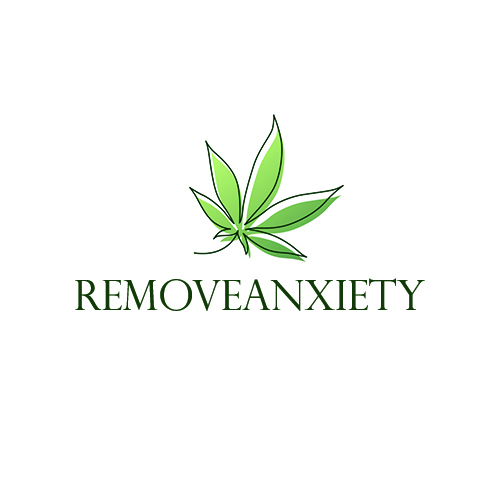
In a world where wellness practices merge with leisurely habits, CBD has emerged as a central character. For those who turn to vaping as a delivery system for their daily dose of calmness, there lies a crucial yet often overlooked concern—Will vaping CBD show up in a drug test? This comprehensive guide navigates the complex relationship between CBD, vaping, and drug tests to set the record straight for the health-conscious individual.
Understanding CBD Vaping
CBD, or cannabidiol, is one of the many compounds found in the cannabis plant known for its potential health benefits. As the ‘chiller’ sibling of THC, CBD offers a variety of positive effects, including relaxation, stress relief, and improved sleep, without the psychoactive properties of its more infamous counterpart.
When it comes to choosing the ideal method for consuming CBD, vaping has taken center stage for its high bioavailability and quick onset of effects. With vaping, CBD is introduced to the bloodstream via the lungs, bypassing the digestive system and liver, commonly resulting in faster and stronger relief.
Vaping CBD provides a clean and efficient way to enjoy the benefits of this cannabinoid without the risks associated with other forms, such as smoking. It can also be used discretely and is relatively convenient, making it a popular choice among users.
How to fix a burnt coil in a disposable vape, Drug tests traditionally screen for the presence of THC, the psychoactive compound in cannabis that produces a ‘high’. With CBD products, users are often assured that they can partake without concern for failing drug screenings. However, this assurance is not always well-founded.
Most of the CBD products available in the market are derived from hemp and contain less than 0.3% THC. While this amount is not enough to produce intoxicating effects or fail a drug test in most cases, it is the broad spectrum and full spectrum CBD products that present concerns. These products may contain trace amounts of THC, which could accumulate in the body over time and potentially be detectable in drug tests.
To put it simply, if you use large amounts of a full spectrum CBD product (which may contain up to 0.3% THC), you might test positive. However, it is unlikely that a typical user will exceed the daily 0.3% THC intake threshold.
Navigating Drug Tests as a CBD Vape
For those who rely on CBD vaping and are subject to drug tests, the following insights can help to avoid unwanted outcomes:
- Product Quality and Lab Testing: Always opt for high-quality, well-tested products. Look for labels that denote testing by a third-party lab to verify the THC content and overall composition of the CBD extract. Lower-quality products may be less reliable in terms of THC presence and can cause false-positive results.
- Dosage and Frequency: Be mindful of dosage and frequency. It’s important to gauge your intake and consider frequency when it comes to potentially THC-containing CBD products.
- Legal and Regulatory Factors: Keep abreast of the legal status of CBD in your location, as regulations and enforcement practices vary widely. Understanding the laws and regulations surrounding CBD usage can provide additional protection against unwanted drug test outcomes.
Ultimately, while the risks for CBD vapers are relatively low, awareness and cautious consumption remain pivotal. Engaging with reputable brands, understanding labels, and staying informed about the nuances of drug tests are all crucial aspects of incorporating CBD vaping into a health-conscious lifestyle.
